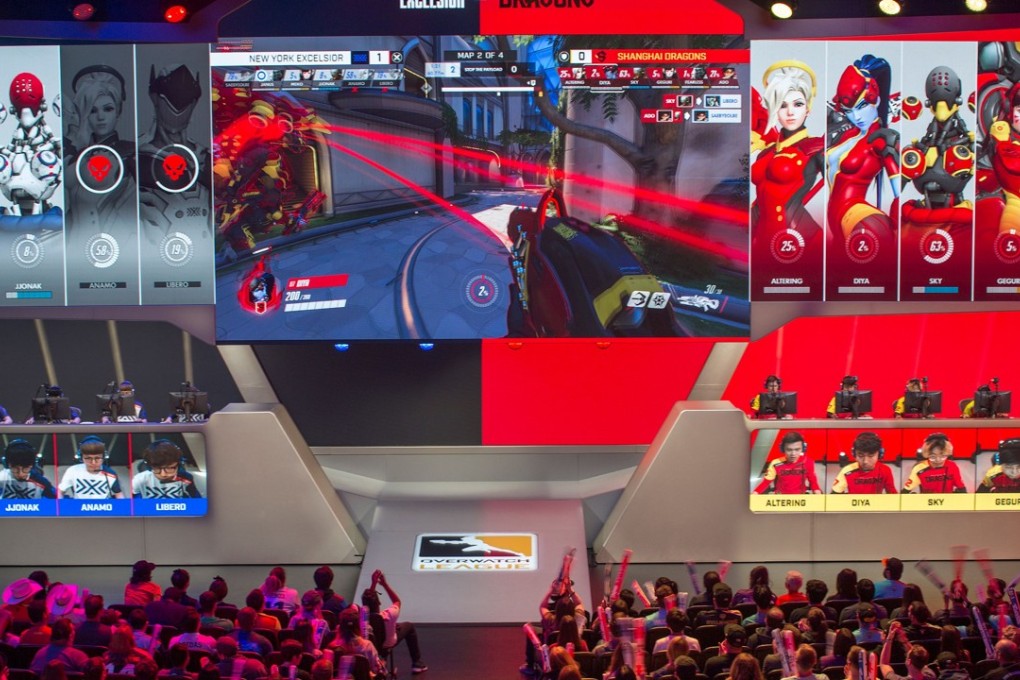E-sports could compete with Fifa for viewers and ad dollars if Tencent and others can calm health concerns
- The appeal of e-sports fans is obvious – they’re young and highly committed to their favourite e-sports games, and represent a growing demographic
- Part of the appeal of e-sports is that it opens up new possibilities to less physically-gifted kids, and could redefine what it takes to be an ‘athlete’

Banners with pictures of star-players were lined up outside the stadium next to the fried chicken stands. A pre-game concert with top-shelf K-pop stars and fireworks warmed up the crowd. The only thing separating this from a World Cup football game was that instead of waiting for goals, we were cheering as gamers battled for supremacy on three enormous plasma screens.
The roar of the crowd at 2018’s League of Legends World Championship on Saturday in South Korea was all it took to convince this reporter – a sceptic at first – that e-sports will soon compete with the likes of the NBA and Fifa for spectators and advertising money.
“You wouldn’t know unless you see it for yourself. It’s just like the Superbowl,” said Park Young-mok, CEO of mobile game developer Nchant Interactive Inc. and former executive director at Activision Blizzard Inc. “When you’re there you see the whole thing. The passion and the fever.”
The pre-game K-pop show played with the audience’s imagination, blending reality with elements of the game itself as digital characters joined the real-life performers on the big screens. After the performers, both real and digital, exited the stage, a crowd stacked with Chinese and European fans cheered their star athletes on for a best-of-5 round battle
League of Legends, currently the biggest game in e-sports by player count, is a battle arena game where team members each select a “champion” with unique abilities, and then launch attacks on the opposing team’s base. The on-screen excitement it causes is surprisingly contagious, causing the audience to quickly choose favourite players and yell out loud.
The game’s developer, Los Angeles-based Riot Games, sold a majority 93 per cent share to Tencent Holdings back in 2011 for US$400 million. The Chinese tech giant bought the rest in 2015, and has been focused on expanding its user base and fuelling its e-sports leagues ever since.
